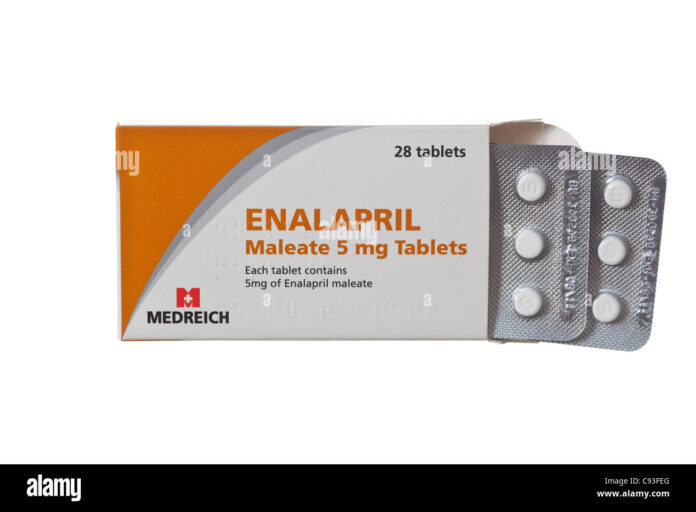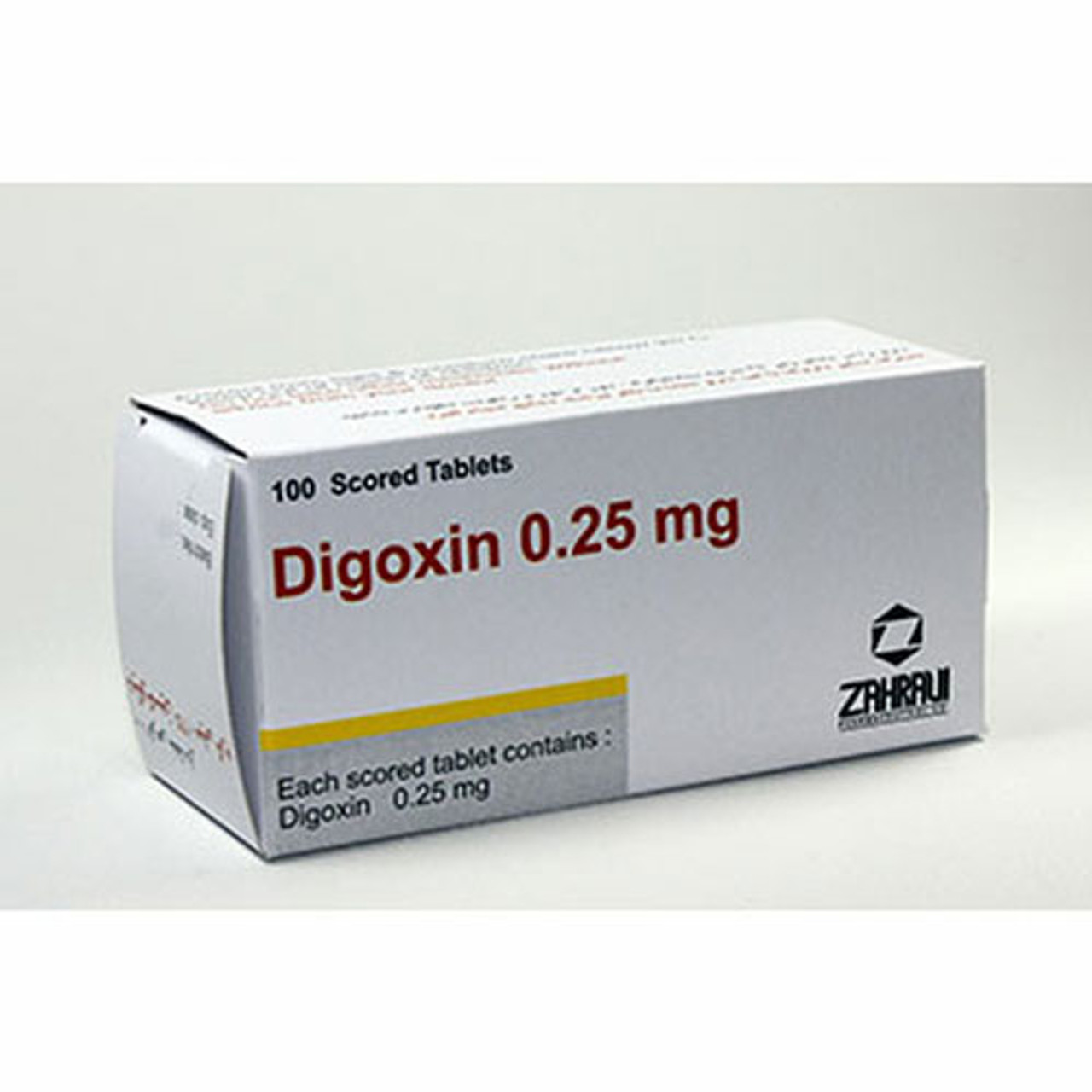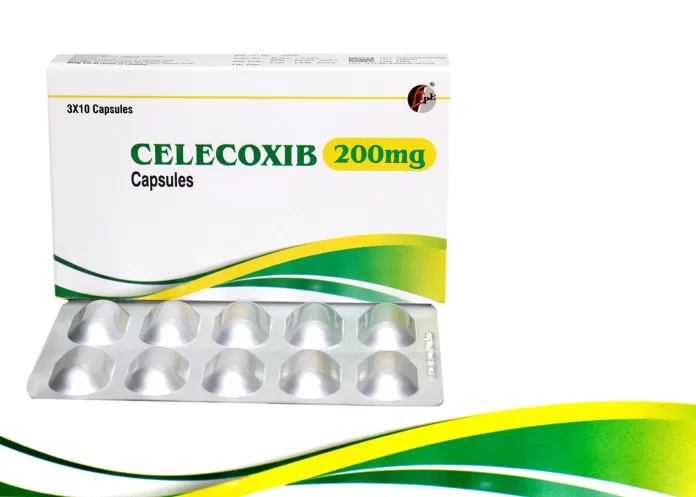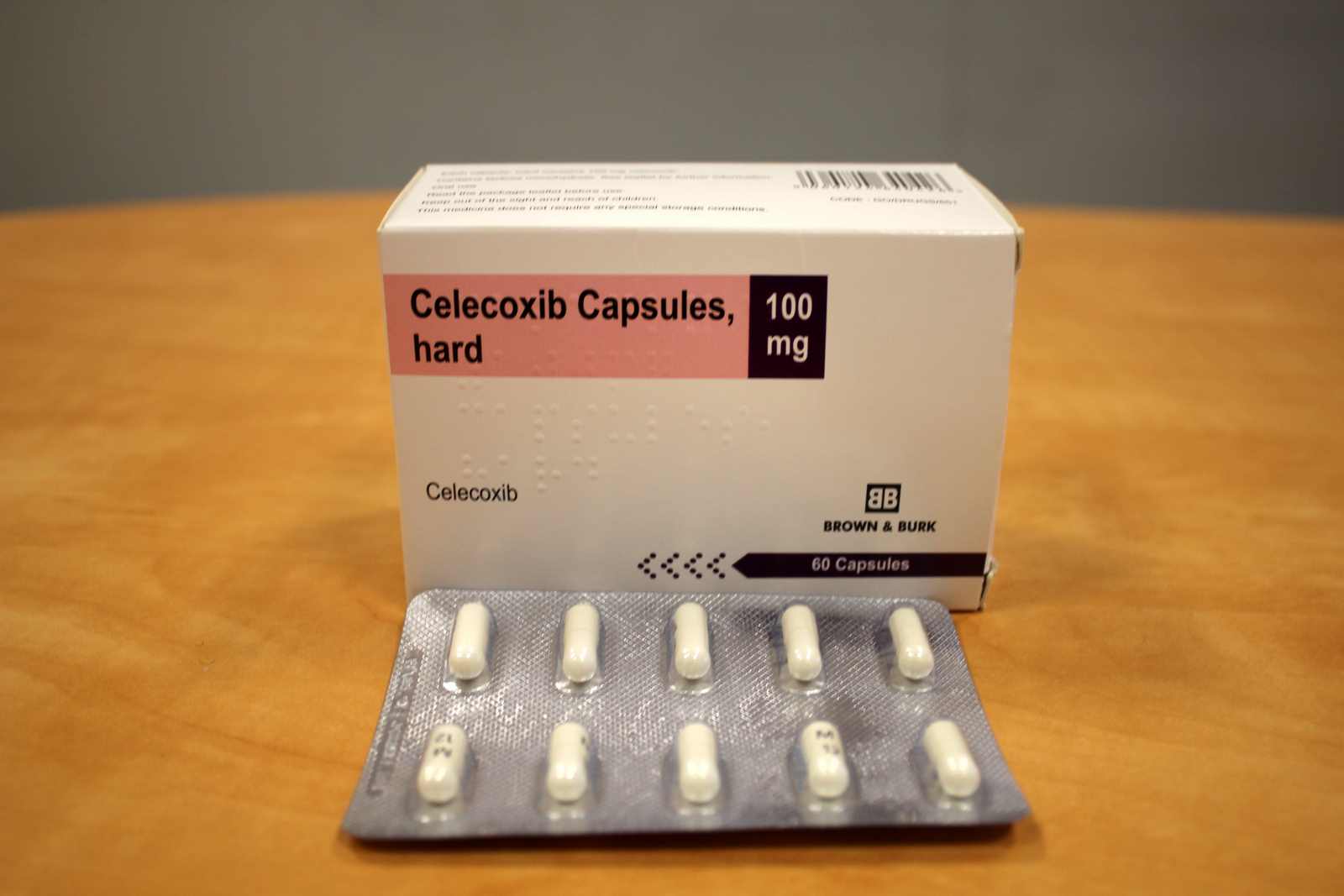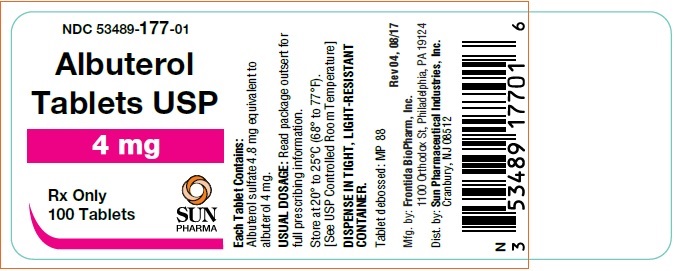Enalapril is a medication belonging to the class of drugs called angiotensin-converting enzyme (ACE) inhibitors. It is commonly used to treat high blood pressure (hypertension) and certain heart conditions. Here’s an overview of the uses, benefits, common symptoms, and potential side effects of Enalapril: Enalapril Tablet Uses Benefits and Symptoms Side Effects

Uses:
Enalapril is used for the following conditions:
- Hypertension: It is prescribed to lower blood pressure and help manage hypertension, a condition characterized by persistently high blood pressure.
- Heart Failure: Enalapril is also used in the treatment of heart failure, a condition in which the heart is unable to pump blood efficiently.
- Certain Heart Conditions: Enalapril may be prescribed for certain heart conditions, such as left ventricular dysfunction after a heart attack or to delay the progression of diabetic kidney disease.
Benefits:
Enalapril provides several benefits for individuals with hypertension and heart failure, including:
- Blood Pressure Control: Enalapril helps relax and widen the blood vessels, reducing resistance and lowering blood pressure.
- Improved Heart Function: Enalapril helps decrease the workload on the heart by dilating blood vessels and reducing fluid buildup, leading to improved heart function and symptoms in individuals with heart failure.
- Kidney Protection: Enalapril, in certain cases, can help protect the kidneys and slow the progression of kidney disease, particularly in individuals with diabetic nephropathy.
Symptoms:
The symptoms that Enalapril helps alleviate are primarily related to high blood pressure and heart failure, including:
- Elevated blood pressure readings
- Fatigue or weakness
- Shortness of breath, especially during physical exertion
- Swelling in the ankles or feet
- Reduced exercise tolerance
Side Effects:
While Enalapril is generally well-tolerated when used as directed, it can cause side effects in some individuals. Common side effects may include:
- Dry cough
- Dizziness or lightheadedness
- Fatigue
- Headache
- Nausea or upset stomach
Less common but potentially serious side effects can occur,
and it’s important to seek medical attention if any of these symptoms occur:
- Swelling of the face, lips, tongue, or throat (indicative of an allergic reaction)
- Severe dizziness or fainting
- Chest pain
- Yellowing of the skin or eyes
- Signs of kidney problems (changes in urination pattern, swelling in the feet or ankles)
It’s crucial to note that this is not an exhaustive list of side effects,
and different individuals may experience different reactions. Regular monitoring and follow-up with a healthcare professional are important during treatment with Enalapril. If you have concerns or questions about Enalapril or its side effects, it is advisable to consult a healthcare professional who can provide personalized information based on your medical history and current condition.
Enalapril Tablet Uses Benefits and Symptoms Side Effects what is Enalapril drug Enalapril Tablet in hindi what is Enalapril drug Enalapril Tablet in hindi

